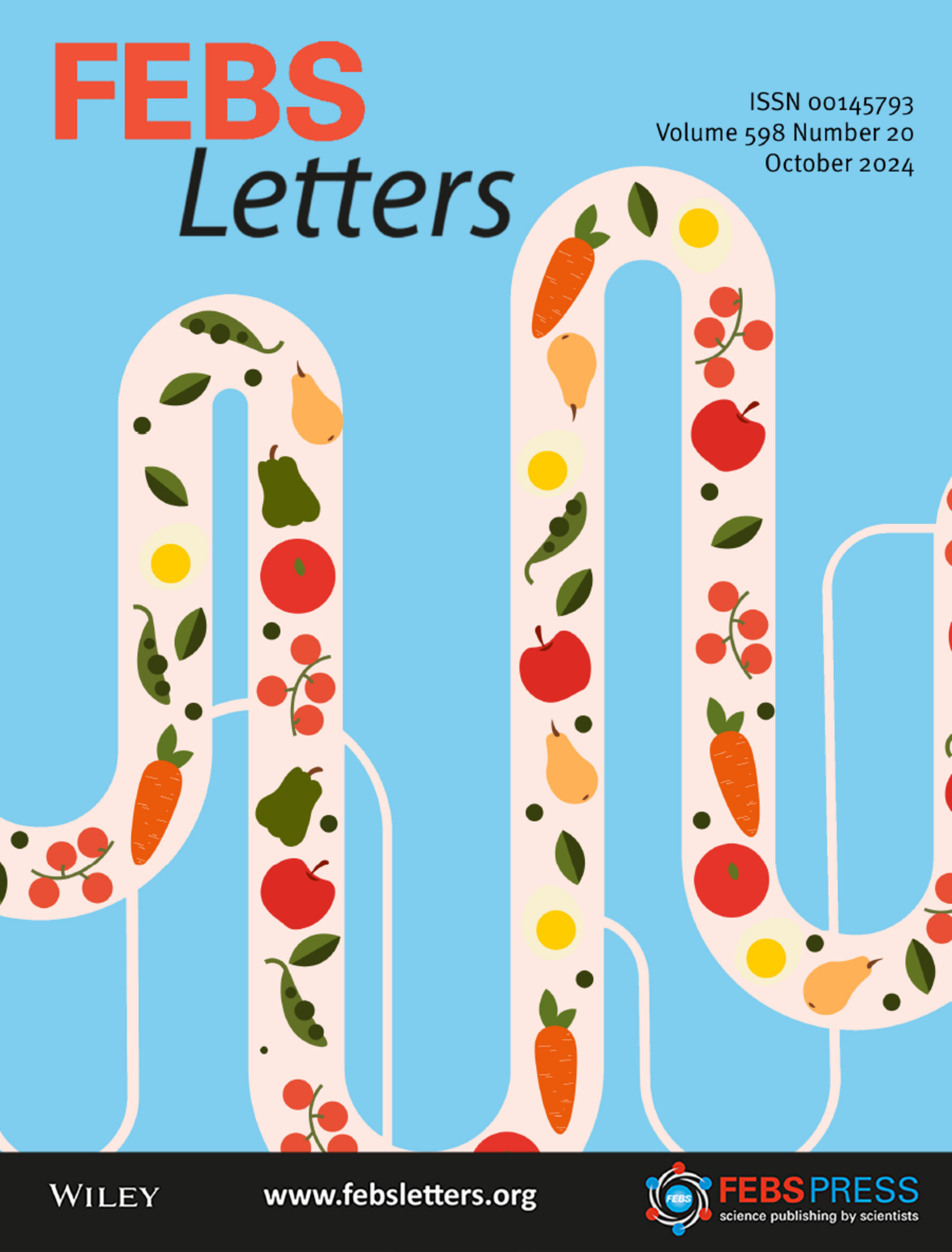细胞色素c氧化酶非偶联变异体的质子转移
IF 3
4区 生物学
Q3 BIOCHEMISTRY & MOLECULAR BIOLOGY
引用次数: 7
摘要
细胞色素c氧化酶是一种膜结合氧化还原驱动的质子泵,它包含两个质子转移途径D和K,它们在反应周期的不同阶段使用。在这里,我们解决的问题是,当K途径被突变阻断时,质子转移的能量景观改变的D途径是否可以取代K途径的作用。我们的数据表明,D通路入口附近的结构改变调节了影响质子向质子加载位点转移的能量垒。数据还表明,在催化位点的还原过程中,其质子化必须通过K途径进行,而质子转移到催化位点不能通过D途径进行。本文章由计算机程序翻译,如有差异,请以英文原文为准。
Proton transfer in uncoupled variants of cytochrome c oxidase
Cytochrome c oxidase is a membrane‐bound redox‐driven proton pump that harbors two proton‐transfer pathways, D and K, which are used at different stages of the reaction cycle. Here, we address the question if a D pathway with a modified energy landscape for proton transfer could take over the role of the K pathway when the latter is blocked by a mutation. Our data indicate that structural alterations near the entrance of the D pathway modulate energy barriers that influence proton transfer to the proton‐loading site. The data also suggest that during reduction of the catalytic site, its protonation has to occur via the K pathway and that this proton transfer to the catalytic site cannot take place through the D pathway.
求助全文
通过发布文献求助,成功后即可免费获取论文全文。
去求助
来源期刊

FEBS Letters
生物-生化与分子生物学
CiteScore
6.60
自引率
2.90%
发文量
303
审稿时长
1 months
期刊介绍:
FEBS Letters is one of the world''s leading journals in molecular biology and is renowned both for its quality of content and speed of production. Bringing together the most important developments in the molecular biosciences, FEBS Letters provides an international forum for Minireviews, Research Letters and Hypotheses that merit urgent publication.
 求助内容:
求助内容: 应助结果提醒方式:
应助结果提醒方式:


